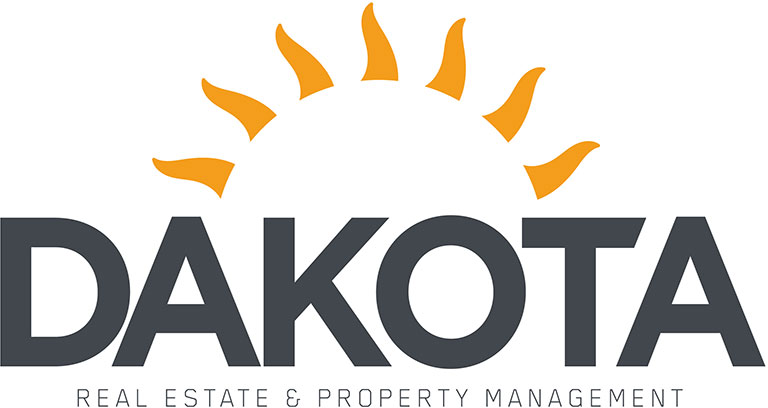Navigating Rent Increases:

Navigating Rent Increases: How to Balance Profit and Retention
In the world of property management, rent increases are inevitable. Whether due to inflation, rising maintenance costs, or improving property value, landlords often find themselves needing to adjust rental rates. However, raising rents is a delicate balance. While property owners aim to maximize their profits, tenant retention is crucial to maintaining steady revenue. In this blog, we’ll explore strategies to help property managers and landlords at Dakota Property Management balance these competing priorities and ensure both profit and tenant satisfaction.
1. Know Your Market
Before implementing any rent increase, it’s essential to understand the local rental market. Conduct a thorough analysis of rental prices in your area for comparable properties. How do your rates compare? If your current rent is already at the high end of the spectrum, increasing it too much may drive tenants to seek more affordable options. On the other hand, if your rent is below market value, an increase might be more easily justified to tenants.
Use local rental data to set competitive rates that reflect the current market but also consider your property’s unique features that justify a potential premium.
2. Timing is Everything
Timing plays a crucial role in how a rent increase is perceived. For long-term tenants who have been with you for several years, it’s often wise to implement smaller, incremental increases over time rather than a significant hike all at once. This allows tenants to adjust to the increase without feeling blindsided.
Consider the time of year as well. Increasing rent during off-peak seasons like winter may make it harder for tenants to relocate, but it could also be perceived as a hardship. Conversely, during peak moving seasons (spring and summer), tenants might feel more confident in finding other rental options.
Avoid raising rent too frequently or during sensitive times, such as following major repairs or after resolving significant tenant complaints.
3. Communicate Openly and Early
When planning a rent increase, transparent and proactive communication is key. Notify tenants well in advance and provide a clear explanation of the reason behind the increase. Most tenants understand that costs such as utilities, maintenance, and taxes rise over time. By being upfront about these factors, you can foster understanding and minimize frustration.
At Dakota Property Management, we recommend explaining how the rent increase will allow you to maintain or improve property amenities, safety, or comfort. Offering to discuss tenant concerns also goes a long way in maintaining a positive relationship.
Pro Tip: Consider sending a personalized letter or email to each tenant explaining the reasoning behind the increase and offering a one-on-one discussion if they have questions or concerns.
4. Offer Value-Added Services
If you’re concerned about tenant pushback, consider offering something in return for the rent increase. Enhancing the value of your property by offering new or improved amenities—such as high-speed internet, upgraded appliances, or better security—can justify a rent hike in tenants’ eyes. Offering these upgrades can also enhance tenant satisfaction and increase the likelihood of lease renewals.
5. Be Flexible with Long-Term Tenants
Long-term tenants are valuable assets. Their stability reduces turnover costs and the headaches of frequently marketing vacant units. Consider being flexible with long-standing tenants by offering tiered increases or discounts for signing extended leases. Providing small incentives can go a long way in fostering loyalty and demonstrating appreciation for their commitment.
6. Evaluate Tenant Quality
It’s not just about keeping every tenant; it’s about keeping the right tenants. If a tenant consistently pays rent late or causes issues, they may not be worth holding onto—even if it means a temporary vacancy. On the other hand, reliable tenants who take good care of the property and cause minimal issues are worth the effort of retaining, even if it means a more moderate rent increase.
7. Prepare for Turnover
Despite your best efforts, some tenants may choose to leave after a rent increase. This is a natural part of property management. To mitigate the financial impact of tenant turnover, have a marketing plan in place and make sure your property is ready for a quick turnaround. Minimizing vacancy periods ensures that your rent increase leads to higher overall profits.
Raising rent doesn’t have to mean losing tenants. By approaching the process strategically—understanding your market, communicating openly, offering value, and being flexible—you can balance profit and retention effectively. At Dakota Property Management, we aim to make every transition as smooth as possible, ensuring that both property owners and tenants feel supported through rent adjustments
